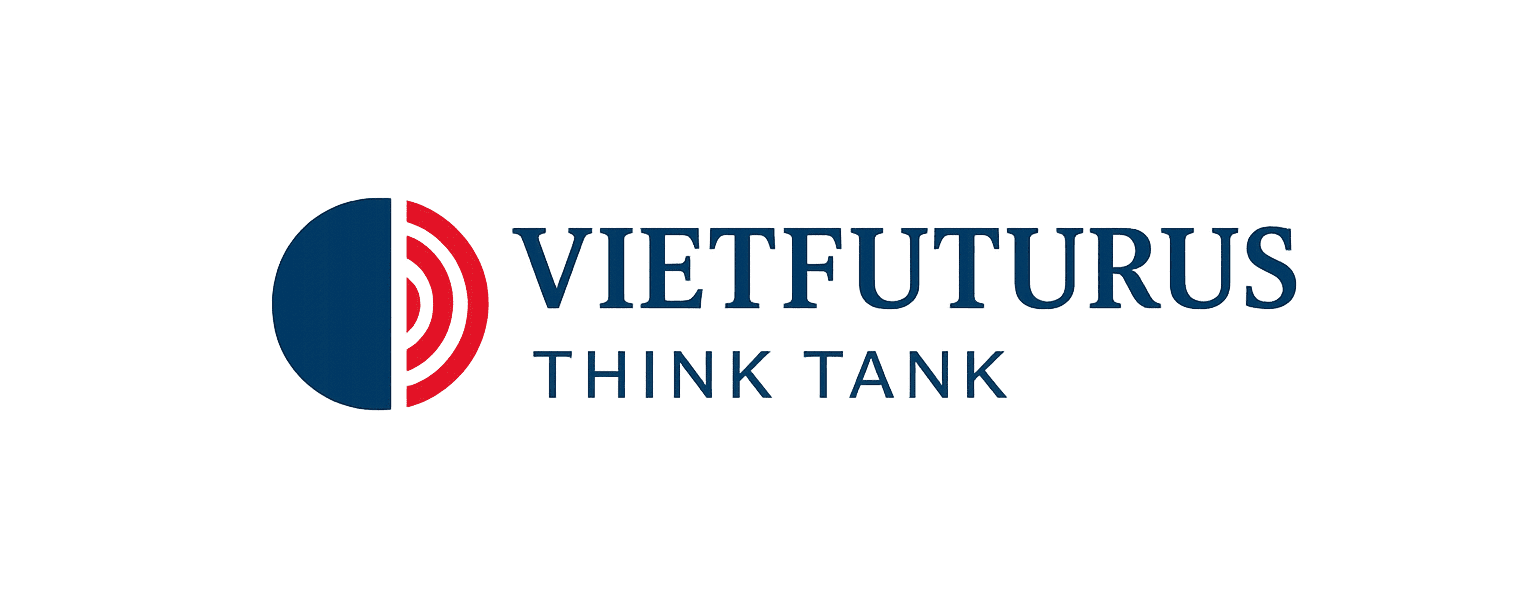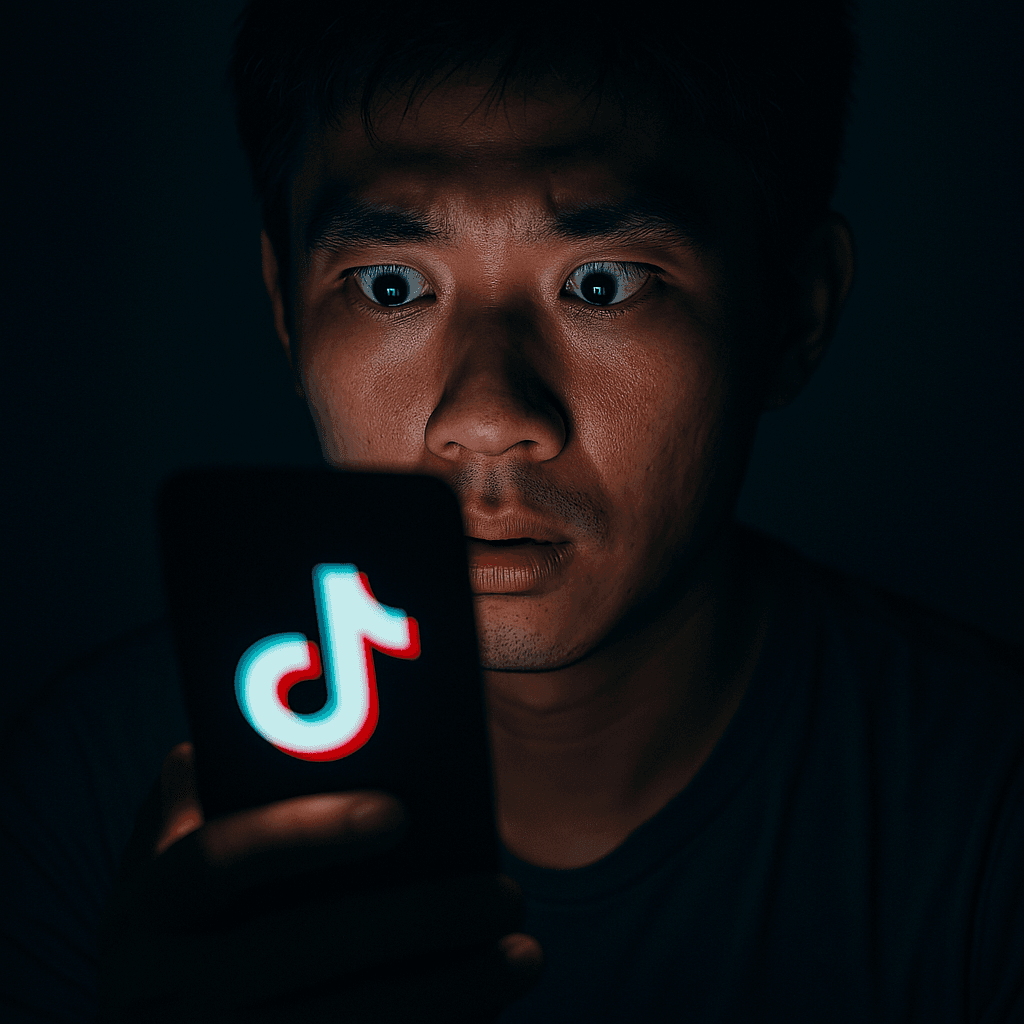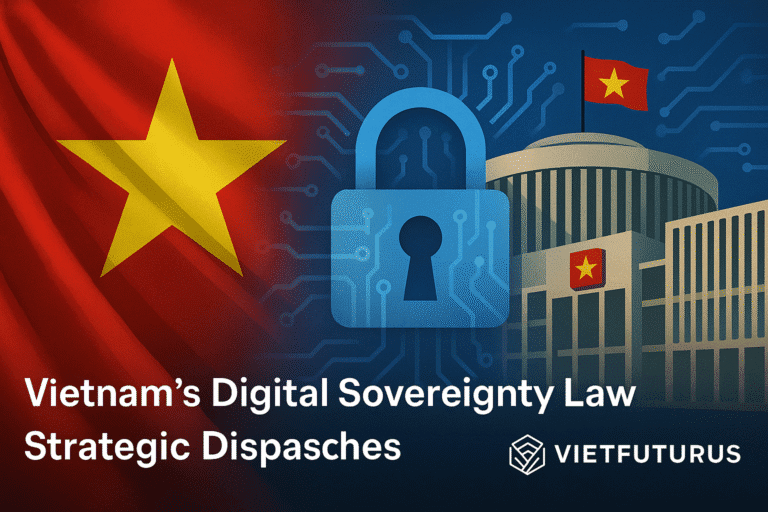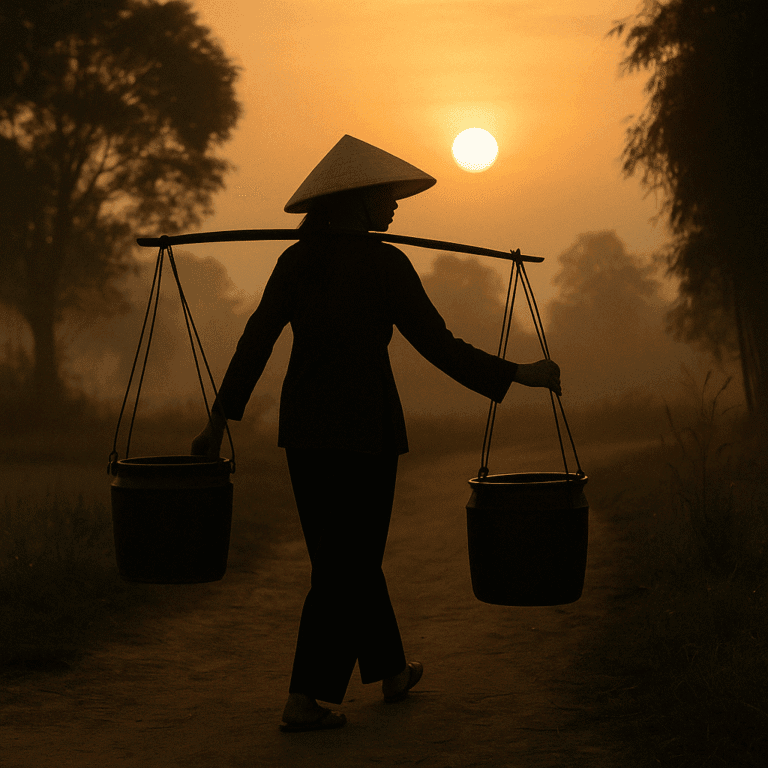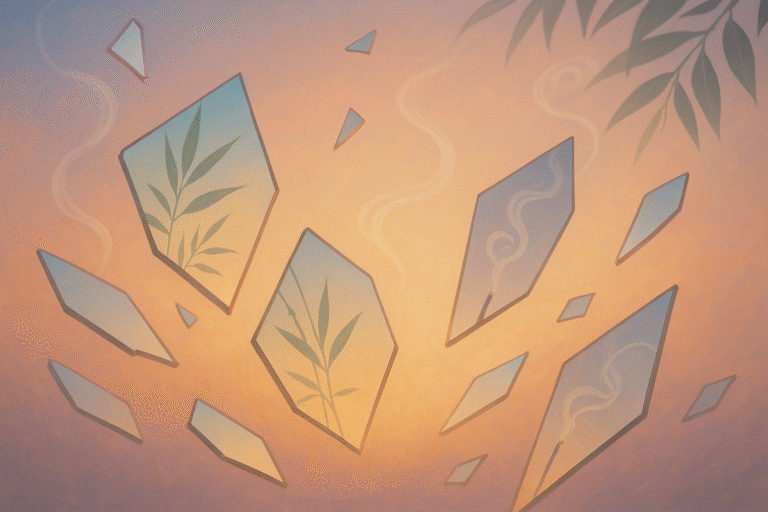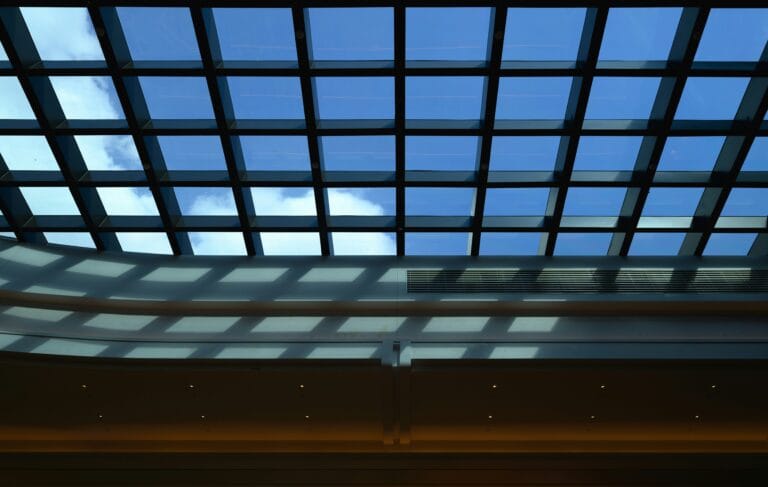The TikTok Obsession: Livestreaming, KOLs, and the Lost Art of Living
Have you noticed something strange happening on TikTok lately? People are waiting—no, desperately waiting—for livestreams from random strangers, influencers (KOLs), and celebrities. The drama, the scandals, the outrageous behavior—it’s all there, for anyone to consume. And it’s almost as if the whole world has become a spectator sport. We’re glued to our screens, absorbed in the lives of others, while the real world slips by unnoticed.
But let’s stop and ask: What happens when we’re more invested in the drama of livestreams than in the world around us? And what does this mean for our culture, our identity, and even our sense of reality?
1. The Livestream Culture: Are We Watching or Losing Ourselves?
A perfect example of this is the TikTok livestream trend. People tune in for hours, watching unknown individuals, often engaging in bizarre or shocking behavior, just to get a few moments of entertainment or drama. And let’s be honest—this isn’t just any livestream. It’s obsessive. It’s an all-consuming pull that keeps viewers locked into a digital world that feels more real than their own.
Take the viral livestream scandals as an example. Influencers and KOLs on TikTok are becoming bigger than life—some even building empires on shock value. “What will they do next?” becomes the burning question. But at what cost? We’re feeding into this cycle, letting these virtual personas shape how we see the world, letting digital strangers dictate our emotions, and losing the essence of the real, tangible experiences that once made life feel rich and meaningful.
So, here’s the question: What does it say about us when we care more about what’s happening in someone else’s livestream than in our own lives?
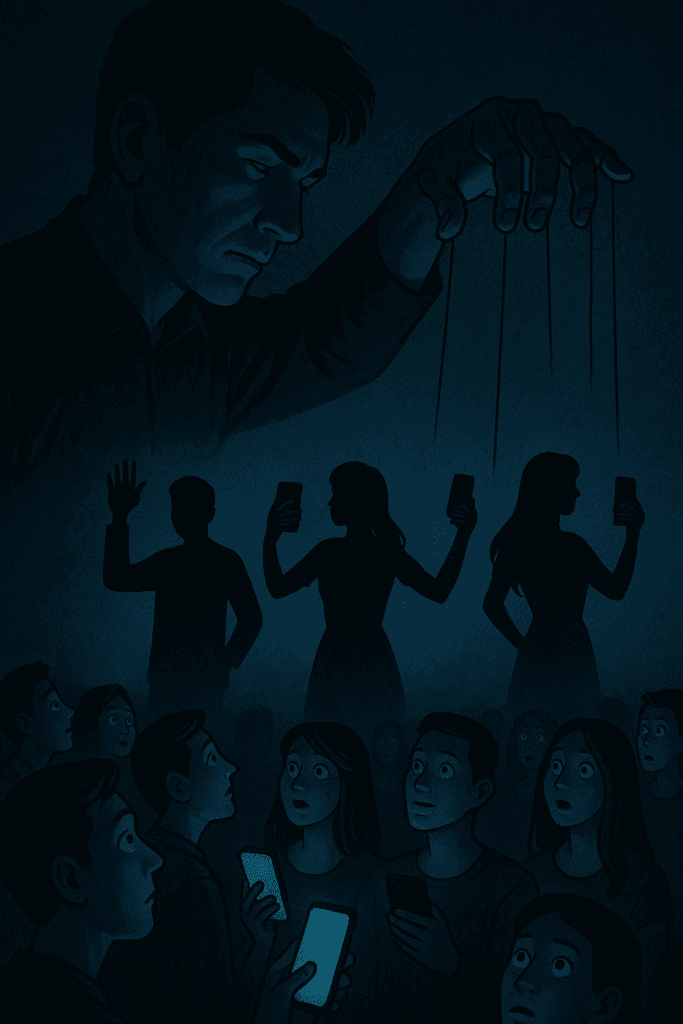
2. The Rise of KOLs: Can We Still Be Our Own Heroes?
In Vietnam, as in many other parts of the world, KOLs (Key Opinion Leaders) have become the new celebrities. These figures now hold incredible power—often more than traditional stars or politicians. People tune in for their opinions, their style, their every move. But here’s the twist: How much of this influence is real, and how much is manufactured for the screen?
The KOL culture is built on selling lifestyles, on creating a fantasy that makes people feel like they are part of something bigger. Yet in the process, we’re left asking: Are we forgetting how to create our own reality? When did it become easier to follow someone else’s life than to live our own?
Have we lost the ability to make decisions without the influence of these digital idols?
3. The Scandal Culture: From Livestream Drama to Real-World Consequences
The world of TikTok isn’t just about curated content—it thrives on scandal. It thrives on the shock, the outrage, the controversy that grabs attention. Recently, we saw a huge spike in TikTok livestreams being deliberately staged for controversy. But what’s alarming is how much real-world consequences these scandals have. People lose jobs, relationships are strained, and real lives are impacted—just because of a viral livestream.
Take the recent scandal involving a TikTok influencer who staged a public argument just to get views. How many people genuinely care about the lives behind the screen? And why do we, as a society, continue to feed into this culture? Does it reflect our need for entertainment at the expense of genuine human connection?
The bigger question is: How do we differentiate between the ‘real world’ and the fake world that these platforms create?
4. Identity in the Age of Livestreaming: Who Are We Without the Digital Persona?
In this age of livestreams and endless scrolling, it’s easy to get lost in the shuffle. We see influencers shaping their identities for the screen, constantly tweaking their persona to fit the latest trend. But what happens when the lines blur between who we are offline and who we are online? Are we becoming what we project, or are we losing who we really are?
As a Vietnamese diaspora, we’re already balancing two worlds—the traditional and the modern, the physical and the digital. But with the rise of livestreaming and KOL culture, are we now facing a crisis of authenticity? If we keep following trends, reacting to scandals, and adapting to the ever-changing world of digital fame, who are we really becoming?
Is the real “us” the one we project on TikTok, or the one we live in our quiet moments?
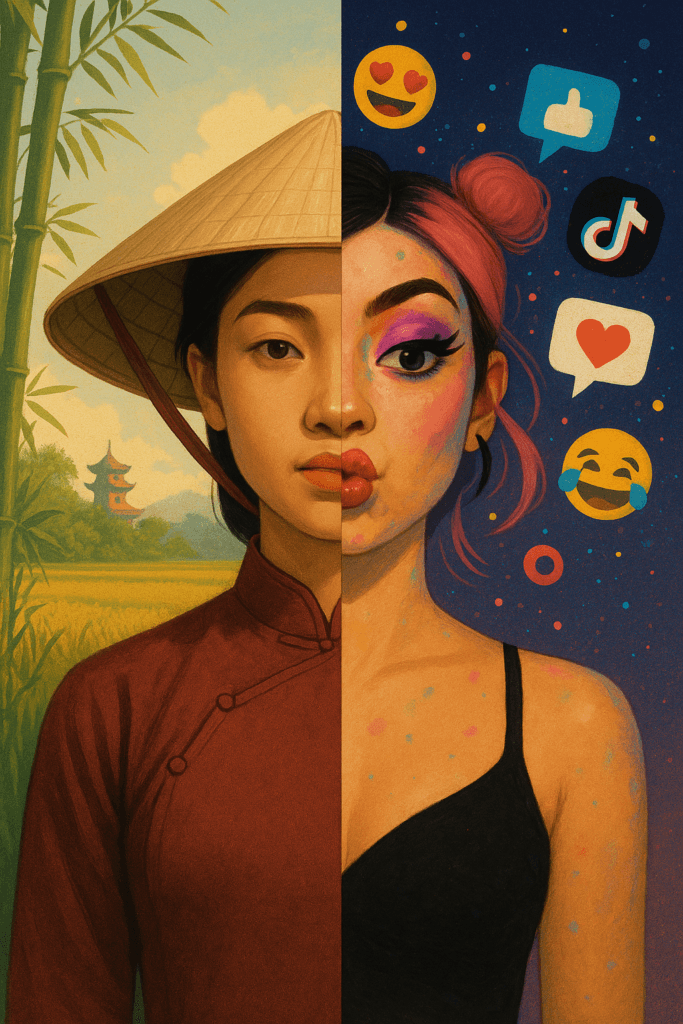
5. The Profit Behind the Distraction: How Enterprises Are Capitalizing on Our Attention
Here’s where things get even darker: Enterprises are capitalizing on our obsession. They’ve figured out that our attention is a commodity. They know exactly how to create a cycle of endless consumption through TikTok and other platforms. Every scandal, every livestream, every viral moment is a tool to sell us something—whether it’s a product, a service, or a “lifestyle.”
Consider the rise of brand collaborations with influencers. Companies don’t just rely on traditional ads anymore. Instead, they’ve made influencers and KOLs into the spokespeople of the new age—selling everything from beauty products to fashion and even political ideologies. They’re using drama, scandal, and controversy as tools to keep us hooked and spending money.
But here’s the crux: Are we simply becoming pawns in a game where our time and money are the real products? By engaging with these platforms, we’re not just feeding our curiosity—we’re feeding an endless cycle of consumerism, sacrificing our time and attention to low-quality, sensationalized content that has no real substance.
So here’s the open question: How much of your time and energy are you willing to give away to companies that profit from your distraction? When did your attention become a commodity—and is it worth it?
We live in a time when the lines between the digital world and the real world are more blurred than ever. TikTok scandals, KOLs, and viral dramas have taken over our attention, and it’s easy to lose sight of what really matters. But at what cost? We’re staring into our screens, consuming someone else’s reality, and in the process, we risk losing our own.
So, here’s the challenge: Step back. Ask yourself—are you watching the livestream of life, or are you living it? Are you shaping your identity, or is someone else doing it for you? How much longer are you willing to let enterprises profit from your time and attention?
Let’s think about it: How can we reclaim our attention, our culture, and our true selves in this age of digital distraction?
Over to you: What do you think about this obsession with livestreaming and KOL culture? Are we losing our grip on reality, or is this just the way of the future? Let’s talk.
